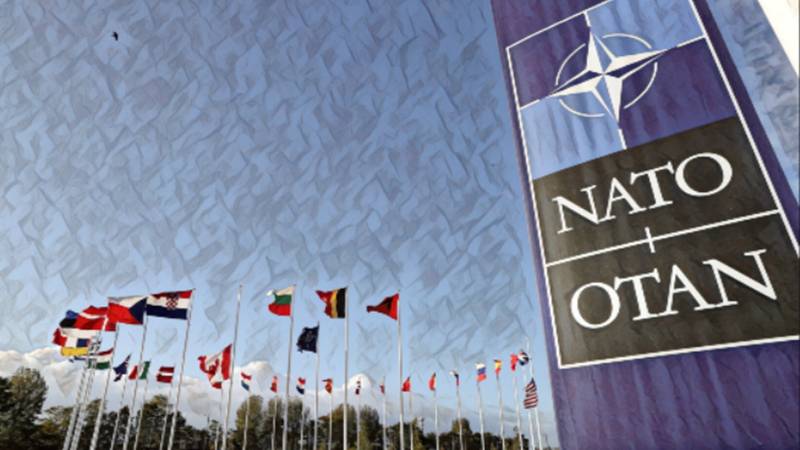
The order established in the 20th century began to break down in the 21st century and a new order has not yet been established. In few parts of the world is this more obvious than in Eastern Europe.
Russian Foreign Ministry spokesperson Maria Zakharova says that if the United States of America places nuclear weapons in Northern Europe, then the latter will be Russia's target. Maria Zakharova says to Europe that this will not make it stronger or more protected, but merely the target of Russian nuclear weapons. After Finland and Sweden joined NATO, developments have become ever more heated - with corresponding risk to global peace.
Going by the past, there was the Cuban missile crisis of 1962 during the Cold War, and the US and the Soviet Union resolved this issue by mutual dialogue and agreement. No leader of any nation would sign off on a nuclear war, unless perhaps there were an external intervention.
But this is small comfort when considering the rise in tensions.
French president Emmanuel Macron announced a few days ago that if the Russians advance on Odessa, Kyiv, or Kharkiv, then France will send troops directly to Ukraine. France has made a defense and economic agreement with Moldova already. The French seem eager to be seen taking the front against the Russians.
Russian spokesperson Maria Zakharova said in a statement that the French made a commitment to defend many countries in Africa, but failed. France, she noted, had to withdraw from Africa and the same will happen in Moldova.
For their part, Spain and Italy directly announced that they would not send troops to Ukraine.
Pope Francis I proposed Ukraine to raise the white flag and called on it to make peace with Russia through the mediation of Turkey. Turkish President Recep Tayyip Erdogan offered Ukraine a peace treaty with Russia. Aside from its moral obligation, it must be remembered that if intensified conflict were to occur in Europe, the papacy could be at risk. Pope Francis I is working to end the war in Ukraine, as he foresees the potential for it to spread throughout Europe.
France and Britain are once again acting together in Europe. For its part, France has signed a military Schengen agreement with the Netherlands and Poland, and is now cooperating with the Baltic states and Eastern European countries. This is in addition to the earlier mentioned military and economic agreement with Moldova.
With Ukraine in increasing trouble in fending off Russia, whether European countries commit troops to assist the former will depend on how much agreement they are able to muster among themselves.
There are already British and French troops on Ukrainian territory for training purposes. This was made public when Russian intelligence eavesdropped on conversations between German Air Force personnel. Among other consequences, this left Germany in a difficult situation.
Retired Colonel Douglas MacGregor, former advisor to the Ministry of Defence in the United States, made important statements to put US defence commitments into context. MacGregor claims that the United States has already spent $14 trillion in the Middle East over the last 23 years. This expenditure is increasing the tax burden on the American people and the country. Currently, the US owes 34 trillion dollars, and is adding 1 trillion dollars to this debt every 100 days. If this continues, the debt will increase to $54 trillion in 10 years, and it is unclear how America will pay it off.
Additionally, this money serves the interests of global companies in the US, rather than benefiting the American people. MacGregor believes that America needs to focus on strengthening its production and industry, supporting agriculture and farmers, and prohibiting foreigners and capitalists from purchasing land in the country.
The difficulties that he points to cast US commitments to European partners in their proper context. It remains to be seen whether European countries can fill in the gaps as the old geopolitical order breaks down.

